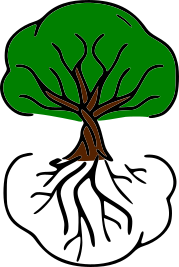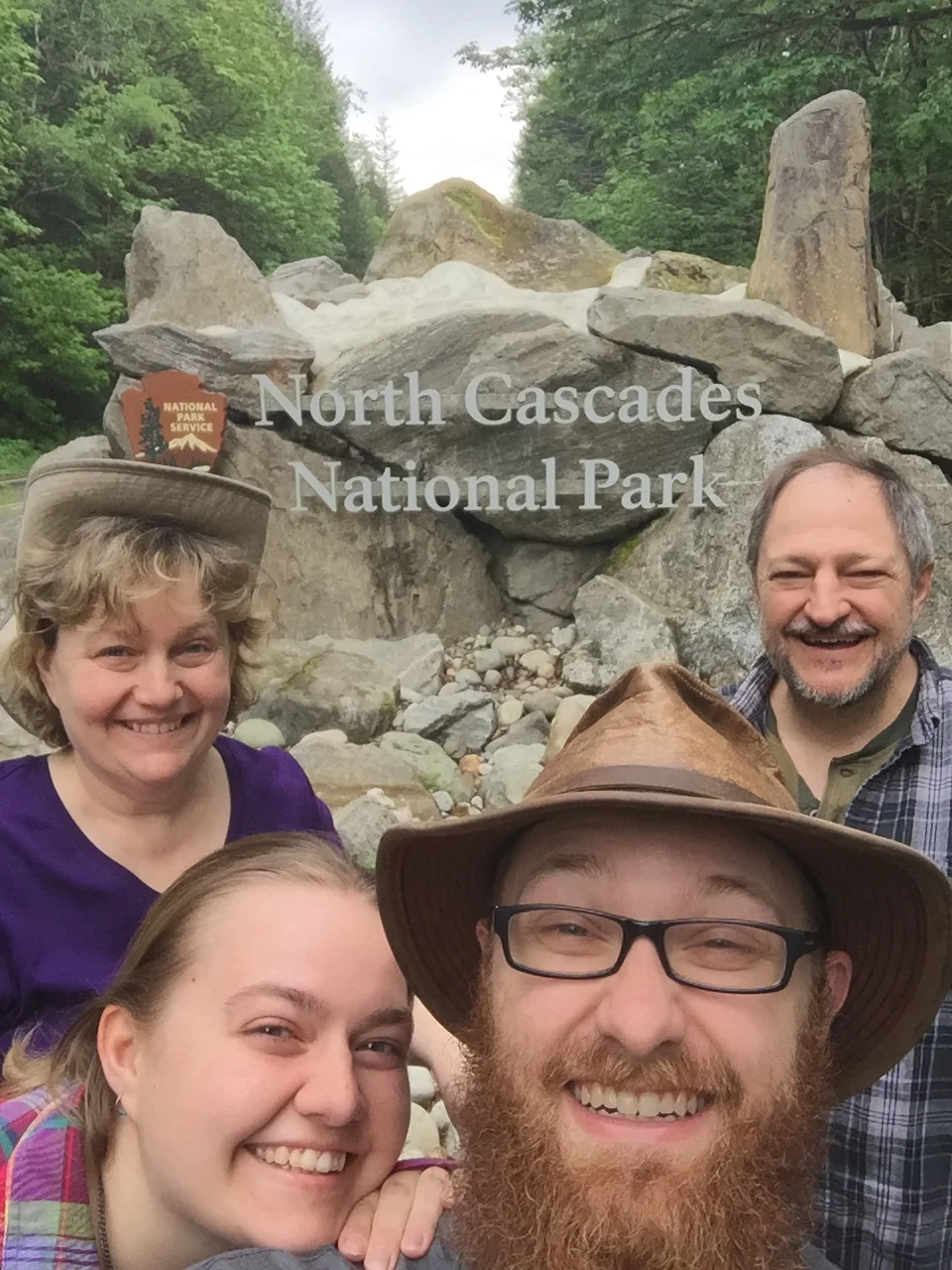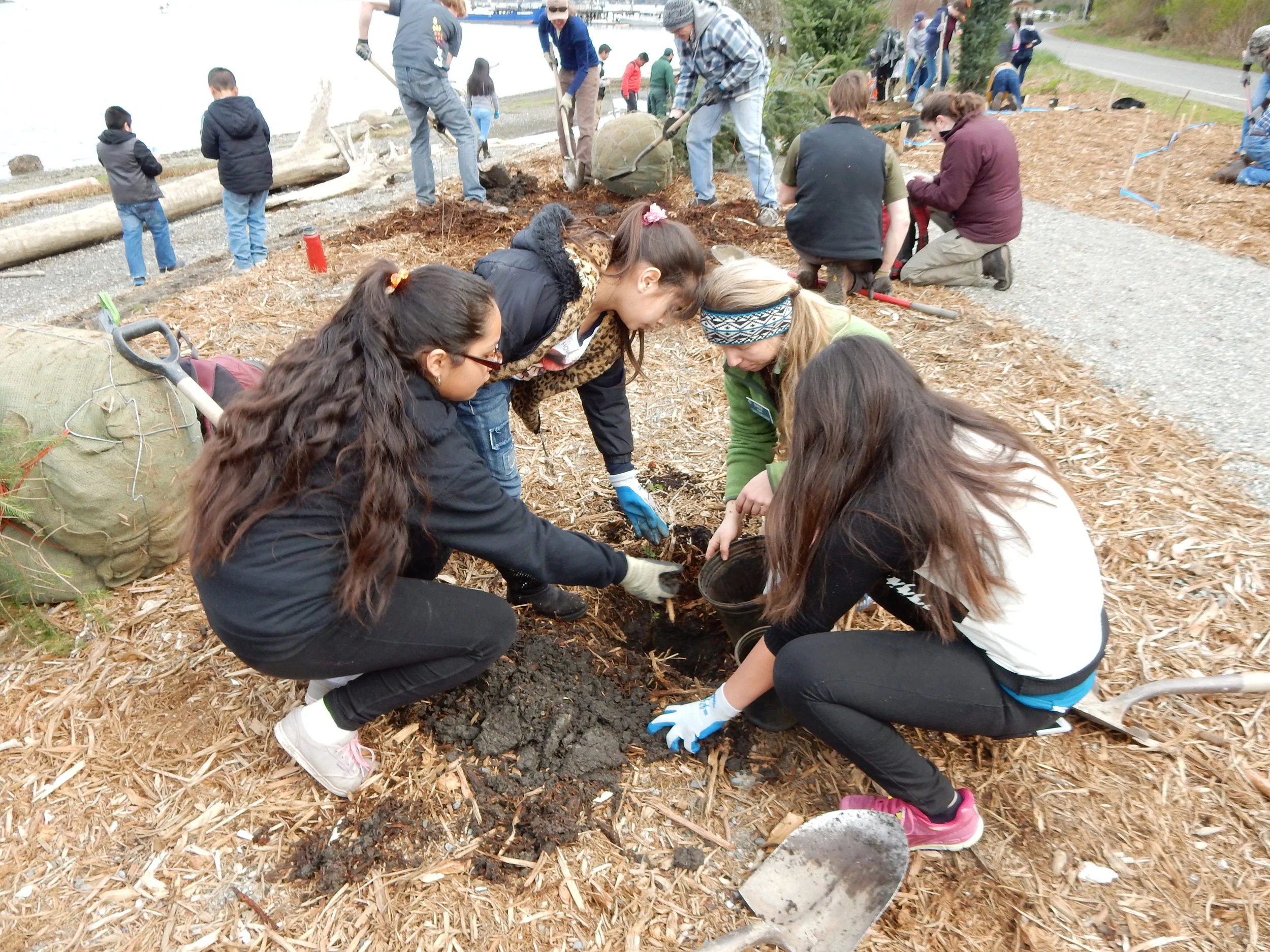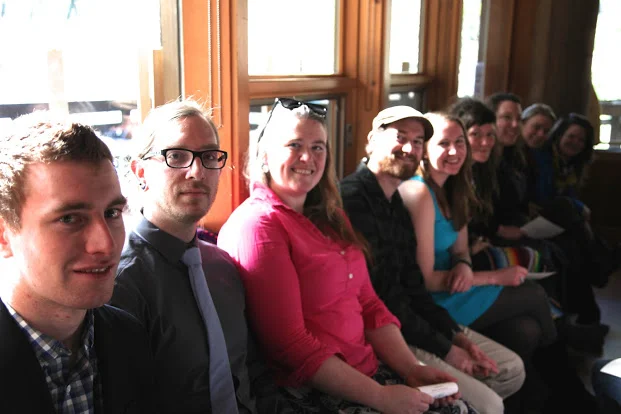While shopping around your local grocery store, you might have seen projects in the organic section with the brand title “Cascaidan Farm Organic: Founded in the Skagit Valley, WA since 1972.” The products can be found in stores nation wide. Last week, however, I took a bicycling adventure to the Roadside Stand of the farm. It serves not only as a great place to get snacks on a long road trip, but also serves as an environmental education tool in the valley.
I’ll let them tell their founding story:
The story of Cascadian Farm begins with the story of our founder, Gene Kahn. 40 years ago, Gene was an idealistic 24-year old grad-school dropout from Chicago, who just wanted to make a difference in the world. He recognized the delicate balance between nature and humans. Inspired by reading “Silent Spring” and “Diet For A Small Planet”, Gene wanted to go back to the land and farm in a way that would not harm the natural beauty of the earth or her inhabitants. So he set out to farm organically on a little stretch of land next to the Skagit River in the Cascade Mountains of Washington. –Cascadian Farm











